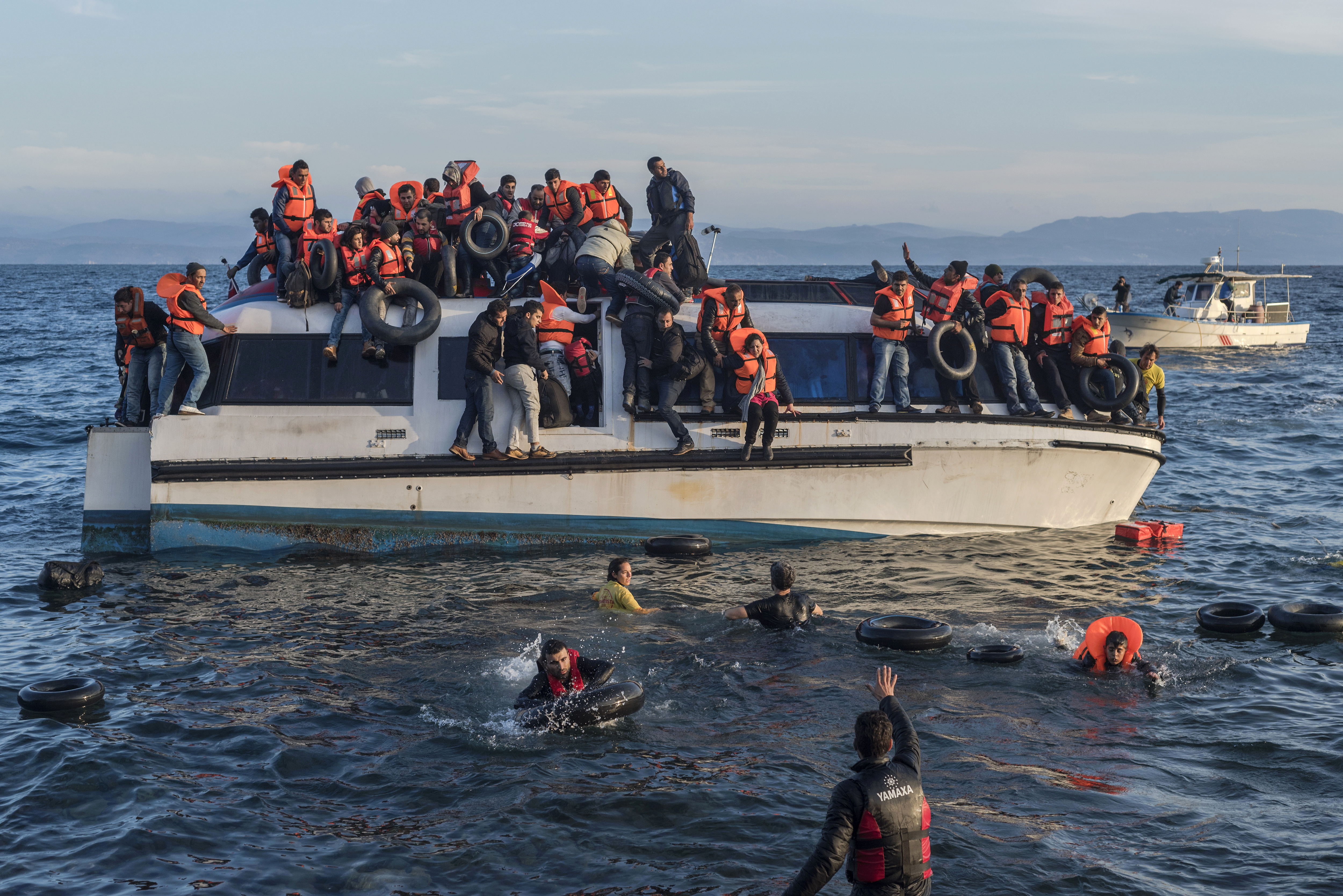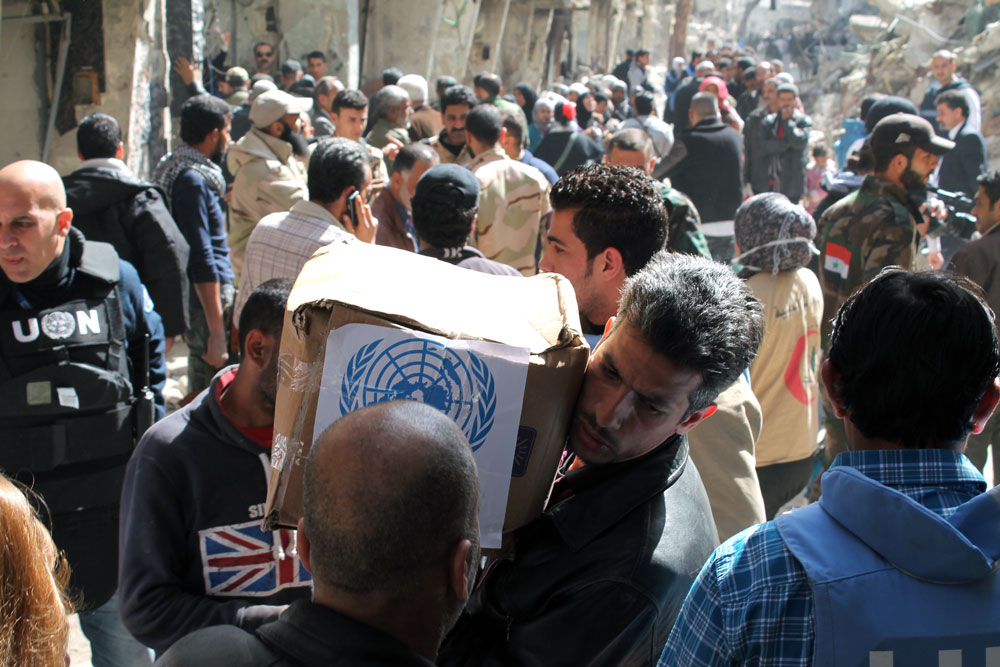The EU and Turkey announced a deal to control the flow of refugees on March 18, 2016. The deal focuses on failed refugee claimants, or “irregular migrants”, from Syria and other countries entering through Greece. The new deal promises to return irregular migrants arriving through the Greek islands to Turkey, and to settle into the EU a successful refugee claimant from Turkey for each failed refugee claimant returned to Turkey from the Greek islands.
It is too early to assess the deal’s effectiveness. Early reports suggest that refugees are unaware of the deal but the number of new arrivals has decreased.
But the deal has already stirred a sharp debate among policymakers and commentators. The UNHCR suspended work in Greek processing centers over fears the deal will not provide the adequate safeguards for refugee claimants. In the press, commentators have criticised the EU for being self-interested and risking its tradition of fostering human rights.
The change in how refugee claimants are received in Europe will likely affect Canada’s refugee policy. The EU-Turkish deal is part of a broader trend to stop more refugees. Borders have been closed in Denmark, Sweden, and Austria, while Germany changed its position from welcoming refugees to wishing to limit new intakes. Few countries responded to a recent call by the UN Secretary-General for countries to take more refugees.
Canada has not yet taken the same position as Europe over refugee claimants. Recently, the country fulfilled its pledge to welcome 25,000 Syrian refugees, but it limited the intake to women and children families. Further intakes will focus on private sponsorship. And unlike European countries, Canada enjoys the benefit of being far away from the hotspots for new arrivals. The physical distance already gave Canada an extra layer of security, by giving it the opportunity to conduct refugee screenings abroad before moving claimants to Canada.
Over time whether Canada will join other countries in becoming more restrictive to refugee claimants or heed the call to take more refugees remains to be seen.
Physical distance gives Canada time to choose a policy on further refugee intakes. At a time when other countries are closing their doors to refugees, Canada’s high-profile pledge to take 25,000 Syrian refugees has earned it widespread acclaim.
But the total number of Syrian refugees is currently about 4.8 million. Without a roadmap to resolve the conflict in Syria, finding temporary safe havens for 4.8 million people will present a severe legal and logistical challenge.
The new EU-Turkish deal already presents other countries with a need to find a legal and practical balance. Returning refugees to Turkey is a possible violation of the principle of non-refoulement, which is at the heart of asylum law. Moreover, allegations that the EU and Turkey provide inadequate safeguards for refugee claimants may put strain on human rights protections under European law. The European Court of Human Rights (ECtHR) allows individuals to sue for breaches of human rights protections under European law, and the court has a wider membership than that of the EU. Turkey, along with most European countries, are open to judicial proceedings at the ECtHR. It will be up to Turkey and EU countries to attempt to implement their deal in a way that minimises strains on human rights protections.
Having won acclaim for its high-profile welcome for Syrian refugees, Canada may soon find its new spotlight on the international stage comes with bigger questions and challenges.




